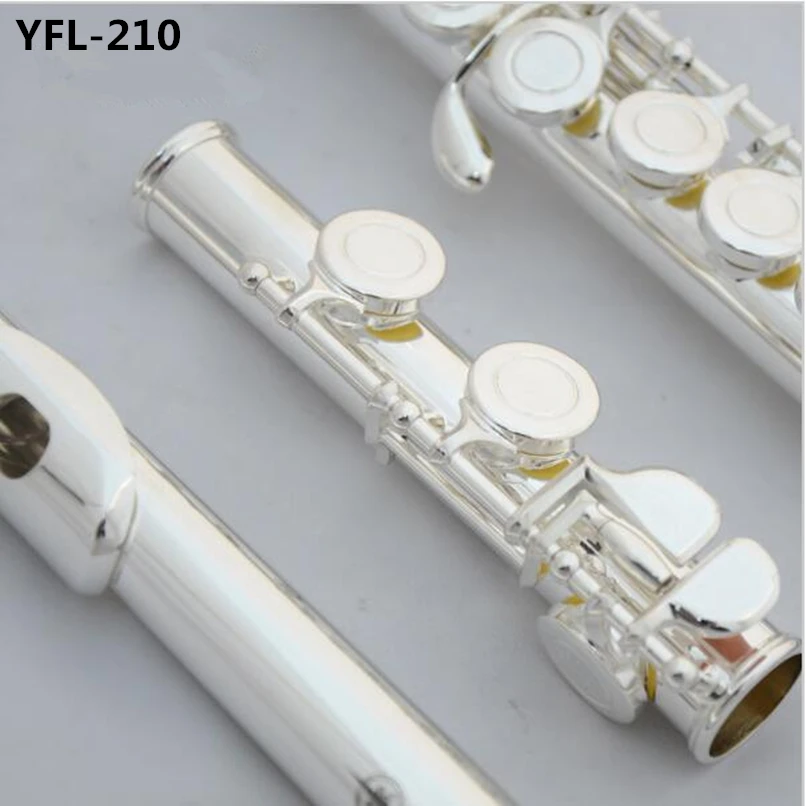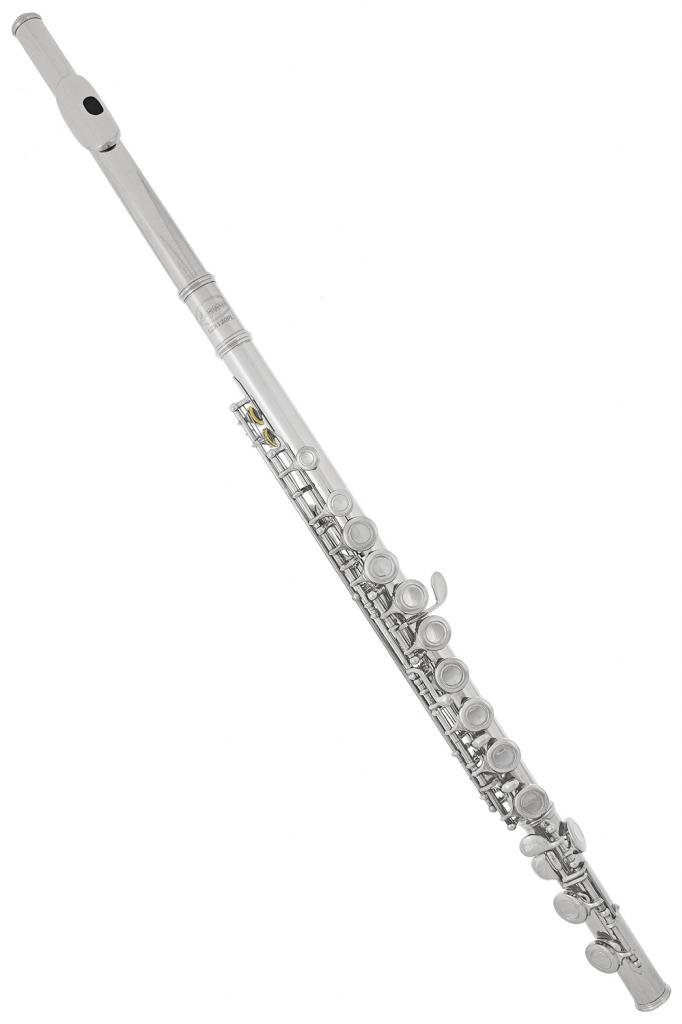

If your still having problems leave a comment below and I will help you figure it out. Then, using an eyeglass-type of mini screwdriver (or a long fingernail) hook it back in its cradle. You’ll just have to get your eagle eyes on and search your flute for a spring that is out of place. The video on your flute in Module 4 gives a quick demonstration on how to fix this problem. Most of the notes will give the same airy tone no matter how many keys you have pressed. When a spring is popped, your flute will sound terrible. Occasionally (sometimes never) one of these little springs will pop out from under its spring cradle and create the problem of its connected key to be laying down when it is not supposed to be. Most of the keys on your flute are open all of the time unless pushed down by one of your fingers. Check out what the best Native Flutes are for Beginners Below I have the High Spirits Flutes' linked that I played in this video and use my code 'Gina' for. Your flute has some thin, tiny little metal sticks that we call springs. When a student tells me that “my flute won’t play”, I immediately say “check for popped springs”.

A sharp key, which is also called Flute 3, and sounds one octave higher than Flute 2. A key is known as Flute 2, which sounds one octave higher than Flute 1.

The low G key is also known as the chalumeau or flute 1. Oh No! I immediately say, “check for popped springs.” A typical flute has the following keys: 1. I have an awesome video demonstration of this article in Module 4:


 0 kommentar(er)
0 kommentar(er)
